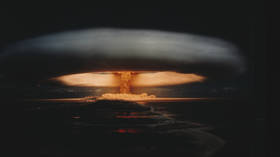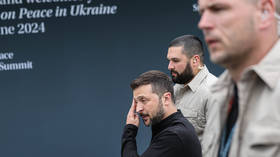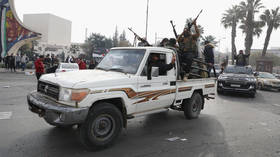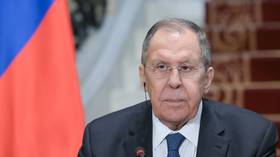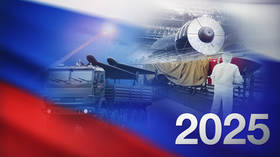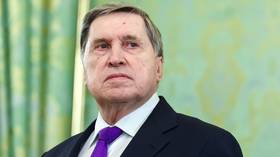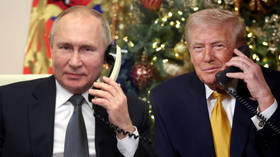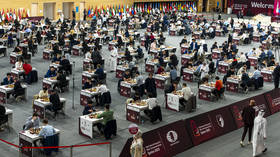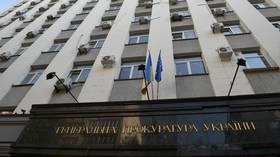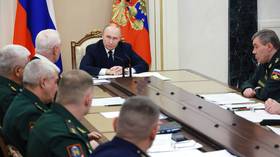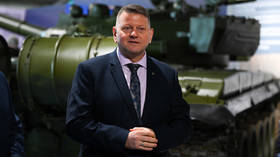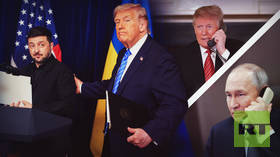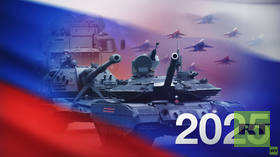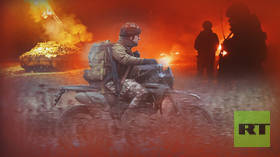Fyodor Lukyanov: After Syria, this is the role Russia should embrace
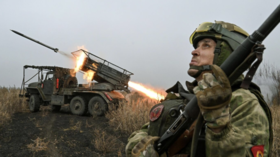
In 2015, when the Russian Armed Forces launched a military operation in Syria, it marked a turning point in the post-Soviet era. The collapse of the USSR had caused a dramatic decline in Russia’s international standing. For two and a half decades after 1991, Moscow worked to regain lost status, prestige, and influence on the world stage.
Syria symbolized the culmination of that process: Russia’s first decisive intervention beyond its immediate post-Soviet neighborhood in one of the world’s central conflicts.
The new Russia had acted militarily before, but only within its former Soviet sphere. This presumably led then-US President Barack Obama to dismiss the country as a “regional power.” The Syrian intervention shattered that perception. By decisively altering the course of the civil war, Moscow demonstrated its ability to influence major global crises beyond its immediate borders.
The fall of Assad and its implications
The recent fall of the Assad government, which only survived nine years ago thanks to Russia’s intervention, marks another significant turning point. Analysts will dissect the causes of Assad’s downfall, but the critical question for the Kremlin is what this means for its broader geopolitical strategy.
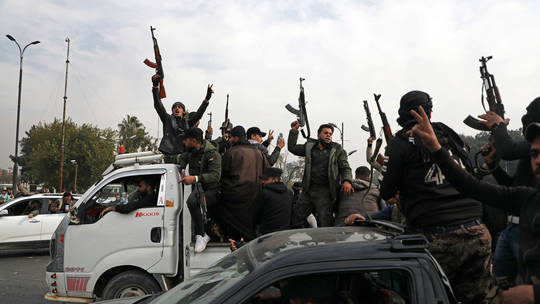
Russia’s Middle East engagement wasn’t just symbolic – it had practical outcomes. Moscow’s military success weakened Islamic State (with the US acting in parallel) while boosting Russia’s regional stature. Key Middle Eastern powers – Saudi Arabia, Türkiye, Iran, and even Israel – came to recognize Russia as a key power broker. The formation of OPEC+ was in part facilitated by Riyadh’s newfound interest in working with Moscow. Even amid complex rivalries, Russia’s influence became undeniable.
This occurred against a backdrop of increasingly erratic US Middle East policy and diminishing Western European involvement. As the global order fractured, Russia’s participation in shaping the region reinforced its place at the table of global powers – or so it seemed.
Shifting global dynamics
However, by the time Russia reached its post-Soviet peak, the international landscape had already shifted. The post-Cold War model – in which fixed great-power status appeared attainable – disintegrated into a world of shifting alliances and situational partnerships.
Today’s international system is shaped by transactional interests. Every country now prioritizes its immediate national concerns, with limited regard for broader, long-term alliances. This has led to a form of regionalization where countries closest to a crisis not only have the greatest stake in resolving it but also the best chance of doing so.
Russia’s reduced involvement in Syria is an example of this shift. Preoccupied with the Ukraine conflict and attached to a weakened ally in Damascus, Moscow lost much of its strategic flexibility. Regional players like Iran, Türkiye, and Israel have since taken the lead in reshaping the Middle East’s political map, with external powers playing mostly supporting roles.
Lessons for Russia’s future strategy
The Syrian conflict underscores the growing importance of regional actors in shaping global events. The rapid resolution of its civil war involved far less outside intervention than earlier stages of the conflict. While foreign powers like Russia and the US played significant roles early on, the latest developments were driven primarily by local players.
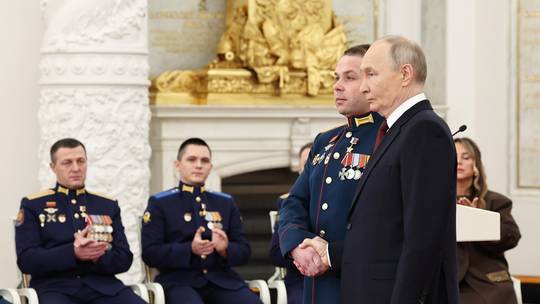
Russia’s inability to maintain its earlier influence highlights a critical lesson: In today’s fluid world order, securing long-term gains through military success alone is nearly impossible. Agility and the ability to recalibrate quickly are essential. The US learned this the hard way in the 2000s and 2010s. Russia faces a similar dilemma now.
With limited resources and competing priorities, Russia must rethink its Middle East strategy. If a withdrawal from the key base in Tartus becomes unavoidable, Moscow must ensure that it happens smoothly, leveraging its established ties with all regional players – from Israel and Türkiye to the Gulf states and even Syria’s new rulers.
A return to realpolitik
The collapse of the Syrian state is undeniably a setback for Moscow, which used its military presence there to expand its influence across the Middle East and into Africa. However, unlike Iran, Russia retains the option to adjust its commitments and reposition itself strategically. That’s the benefit of being an outside participant. The Kremlin can leave the region, but Tehran cannot.
Moscow’s next move should involve recalibrating its relationships in the Middle East while maintaining its reputation as an independent, pragmatic actor. The US may seek to push Russia out of the region entirely, but Washington’s own reluctance to engage directly gives Moscow room to maneuver.
Focus on Ukraine, not prestige
Most importantly, the symbolic quest to restore Russia’s great-power status – a key motivation behind the 2015 Syrian operation – is now obsolete. The only priority that matters is concluding the Ukraine conflict on favorable terms. Unlike in Syria, where Russia can pull back if needed, Ukraine represents an existential challenge. It is a conflict that Moscow cannot afford to lose.
This is the critical distinction: In the Middle East, the Kremlin has room to retreat and regroup. In Ukraine, there is no such option. The conflict there is central to Russia’s long-term security and global standing.
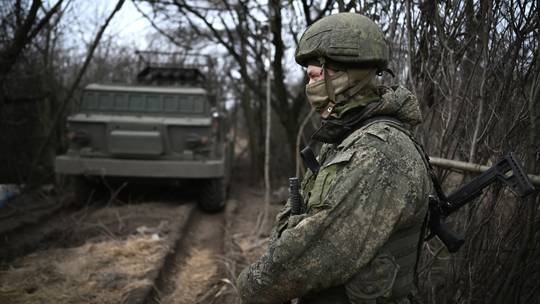
Conclusion: Regional power revisited
When Obama dismissed Russia as a “regional power” nearly a decade ago, the term was meant as a slight. But in today’s fractured world, being a capable regional power is perhaps the only sustainable form of influence. The era of undisputed global powers is fading. Countries that can assert dominance in their immediate neighborhoods, while managing global ambitions sparingly, are far better positioned to survive and thrive.
Russia must now consolidate its role as a dominant regional power while staying engaged in strategically critical areas like the Middle East – but only when doing so supports its core national interests. In a world increasingly defined by pragmatic, limited engagements, the ability to step back, recalibrate, and reengage will matter more than symbolic gestures of great-power status. In that sense, Obama’s assessment seems less like an insult today – and more like a roadmap for survival in a turbulent world.

